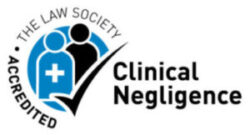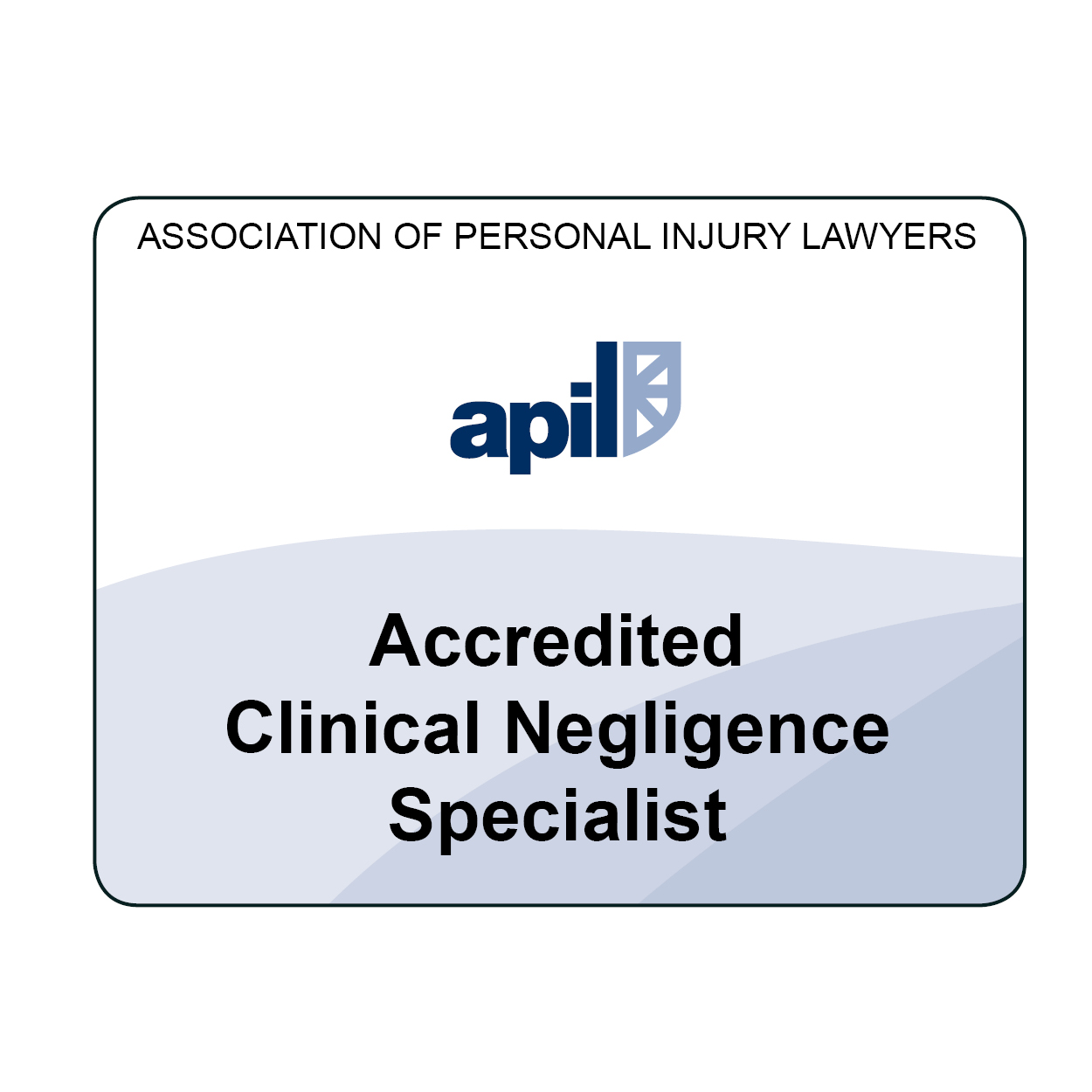Blackwater Law successfully represented Catherine in a brain injury claim after she suffered a long-term brain injury as a result of a car accident.

If you or a loved one has suffered a head injury, whether it’s a bump from a fall or a sports-related collision, it’s natural to wonder if it’s a concussion or something more serious.
If you or a loved one have suffered a head injury, whether it’s a bump from a fall or a sports-related collision, it’s natural to wonder if it’s a concussion or something more serious.
While both involve the brain, there are key distinctions between a concussion and a broader brain injury. Understanding these differences is crucial for seeking appropriate medical attention and potentially pursuing a brain injury compensation claim if your injury arose from a medical or professional error.
Is a concussion a brain injury?
In short, yes. concussions are a form of traumatic brain injury (TBI). TBIs encompass a spectrum of severity, with concussions on the milder end. They occur when the brain is jolted inside the skull, disrupting its normal function. This disruption can cause a variety of symptoms, but unlike more severe TBIs, concussions typically don’t involve bleeding or tissue damage.
Symptoms of a concussion
Concussion symptoms can vary and may not appear immediately. Common signs include:
- Headaches
- Dizziness
- Confusion
- Nausea or vomiting
- Sensitivity to light or sound
- Difficulty concentrating or remembering
- Balance problems
- Fatigue
- Sleep disturbances
If you experience any of these symptoms after a head injury, it’s essential to seek medical evaluation from a doctor. Early diagnosis and proper rest are crucial for a full recovery.
Related Articles
Symptoms of a more severe brain injury
While the symptoms of concussions usually resolve themselves within days or weeks, more severe TBIs can have lasting consequences. Symptoms to watch for include:
- Loss of consciousness for an extended period
- Seizures
- Slurred speech
- Persistent vomiting
- Drainage of clear fluid from the nose or ears
- Worsening headaches
- Difficulty waking up
- Increased confusion
If you suspect someone has sustained a severe brain injury, call emergency services immediately.
Long-term effects of TBIs
Most people recover fully from a concussion, with no long-term effects. However, some individuals experience persistent symptoms like headaches, dizziness, and difficulty concentrating. This is known as Post-Concussion Syndrome.
Severe TBIs can have a significant impact on a person’s life, leading to:
- Cognitive impairments
- Mobility problems
- Speech and language difficulties
- Emotional and behavioural changes

Medical negligence and brain injuries
If your concussion or a more severe brain injury resulted from medical professional error, you may be eligible to make a medical negligence claim or clinical negligence claim. This could be due to a missed diagnosis, inadequate treatment, or a failure to warn you about the risks of a procedure. A specialist medical negligence solicitor or clinical negligence solicitor can advise you on your legal options and help you navigate the claims process.
Remember…
Understanding the difference between a concussion and a brain injury is vital for ensuring you receive the right care. If you have suffered a head injury, seek medical attention promptly. Additionally, if you believe medical negligence contributed to your injury, speaking to a medical negligence solicitor can help you determine the best course of action.






